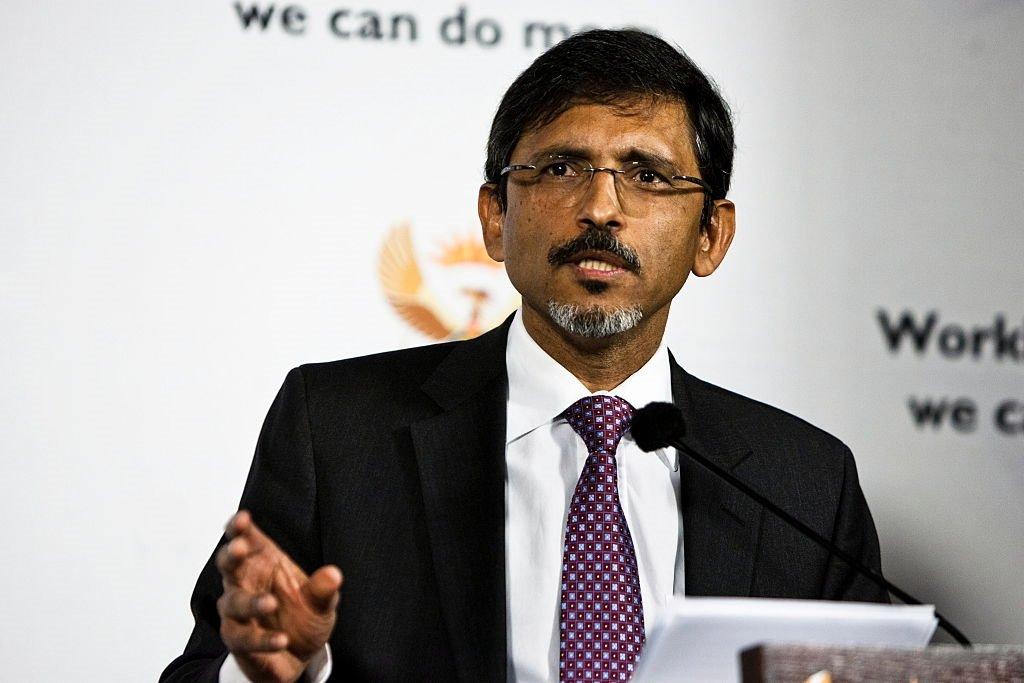Africa-Press – South-Africa. Minister of Trade, Industry, and Competition Ebrahim Patel said legal challenges to the South African government’s policies aimed at advancing black economic empowerment (BEE) was short-sighted and undermined hopes to grow the economy sustainably.
Patel was speaking at the Broad-Based Black Economic Empowerment conference on Friday. The event took place virtually and was attended by government officials, business leaders, and researchers.
The event took place after a month of turbulence around the status of the government’s guidelines for public procurement in line with the Preferential Public Procurement Framework Act (PPPFA), following a Constitutional Court ruling on the matter.
In February, the Constitutional Court dismissed an appeal by the minister of finance against a Supreme Court ruling which invalidated the 2017 iteration of the PPPFA regulations, in favour of Afribusiness NPC’s challenge of the guidelines.
National Treasury introduced new draft regulations in line with the PPPFA in March, as it waits for the Constitutional Court to provide further clarity on its ruling and the effect that ruling has on the previous guidelines.
SA can’t just stop all procurement, says Transnet as it suspends BEE criteria for tenders
Patel said that while the government’s transformation policies extended beyond B-BBEE to include breaking down market concentration and combatting anti-competitive behaviour, the policy was a critical part of setting the economy up for inclusive growth.
“The focus of empowerment has expanded over time. Over the last few decades, the first part of empowerment was about shareholding to help capital accumulation in the hands of black South Africans.
“Then it shifted to consortiums and industrial management and finally the expansion of ownership by employees of a company,” said Patel.
Patel said resistance to B-BBEE within the South African business community undermined the other policies government introduced to broaden economic participation and deepened already staggering inequality.
“Legal challenges against B-BBEE policies have sought to stall through litigation and aggressive posturing the necessary journey of transforming the economy. It is a dangerous strategy that will fail. It will ultimately undermine the social stability that democracy rests upon,” Patel said.
Patel said fronting remained a challenge and that regulators often found black businesspeople lending their names as proxies to BEE truants.
OPINION | We need to talk about B-BBEE
He also applauded companies that purchased good sand services from black businesses, such as Massmart, which dedicated R850 million of its procurement budget to black suppliers.
“This is not an argument against large companies. This points, however, to the point of how concentrated markets keep small and medium players out of markets with narrow base for entrepreneurs and weak economic performance,” he said.
B-BBEE Commissioner Zodwa Ntuli said that although there remained some “residual resistance” to B-BBEE, ownership deals have helped the commission assess the progress of changes in ownership patterns in the economy.
“In our work, we have been grateful for companies like Vodacom, Absa, and Standard Bank, who approached us and engaged positively with the commission before going ahead with their empowerment deals and show that we are open to discussions about how to advance empowerment,” said Ntuli.
Ntuli said companies that were not able to change management or ownership immediately, could contribute to transformation through equity equivalent programs.
She said equity equivalent programs saw investments worth R8 billion from 22 companies go towards skills development, training, and small business support.
Get the biggest business stories
emailed to you every weekday.
Go to the
Fin24 front page.
For More News And Analysis About South-Africa Follow Africa-Press






